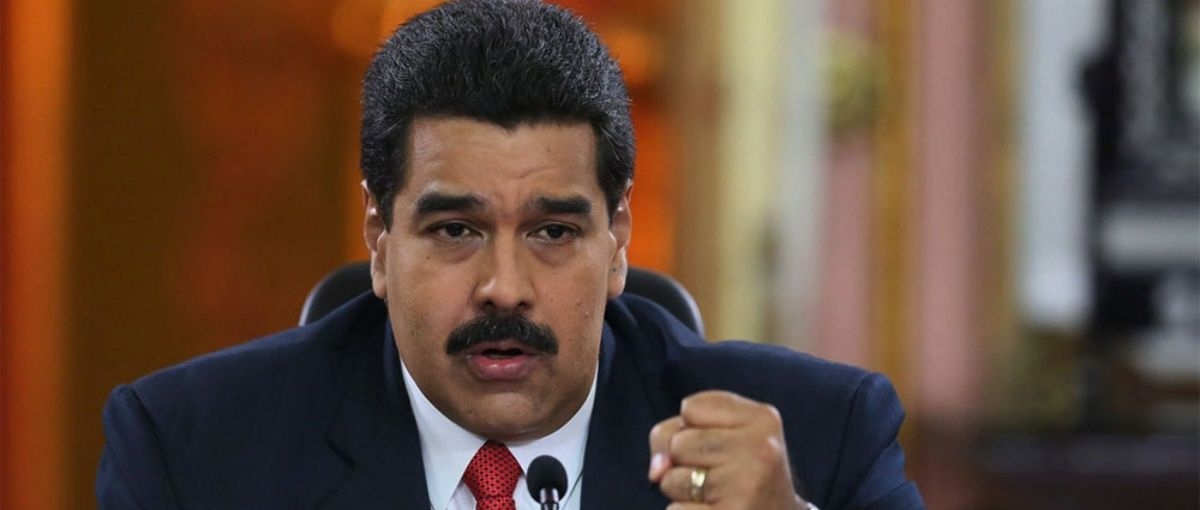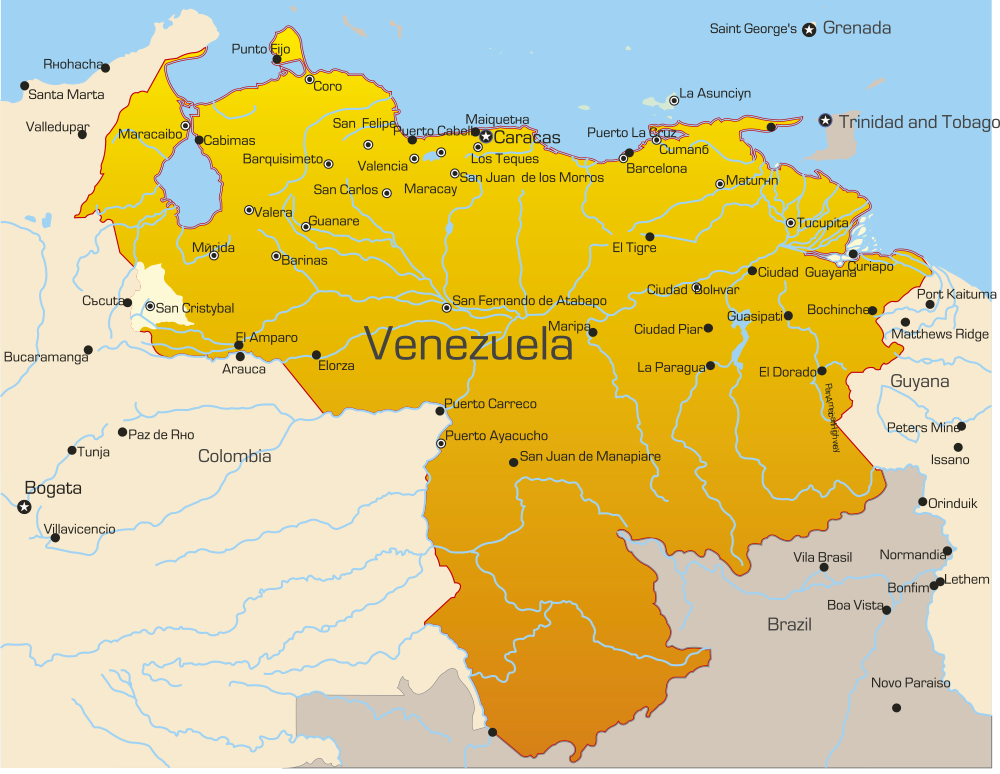Venezuela crisis deepens
November 6, 2017 | Expert Insights

In November 2017, Maduro announced plans to restructure the nation’s massive foreign debt.
According to experts, the latest declaration raises the likelihood of a default.
Background
Despite having world's largest proven oil deposits, many Venezuelans have lived in abject poverty. The former President, Hugo Chavez, was in office from 1999 to 2013. In that period, billions of dollars were spent in generous social programs. After his death, his successor, Nicolas Maduro took office. There has been a rise in inflation and a shortage of basic goods. A drop in the oil prices had added to the administration’s problems.
From 2014, there have been recurrent protests against the government because of many of these issues. Detractors blame the current economic policies for the crisis. People are also disillusioned by the high level of urban violence prevalent in the nation.
The protests have increased from 2017. There have been calls for fresh elections to remove United Socialist Party (PSUV) from power. However, the government remains as powerful as ever in the nation. Recently, a new constituent assembly was instated in Venezuela. The assembly is filled with Maduro supporters and has the power to re-write the nation’s constitution.
The nation’s economy has become increasingly unstable and there is hyperinflation in the region. In August 2017, CNN reported that 3,164 Bolivars was equivalent to $1. This is a problem because private banks let Venezuelans withdraw 30,000 bolivars ($2.88) from an ATM at a time.
The hospitals in the country are running out of medicines and they are unable to treat those admitted. A recent study revealed that at least 93% of Venezuelans cannot afford to buy enough food. The study also stated that 73% of the population have lost weight in 2017 alone. Reports note that people have taken to scavenging through trash.

Analysis
Amid all the political turmoil, Venezuela's cushion of cash has fallen to its lowest point in over 20 years. Venezuela only has $10 billion in reserves. A nation’s reserves is the amount of funds it has to address any crisis and to ensure economic stability. Additionally, the nation has incurred $120 billion in debt.
In November 2017, Maduro announced plans to restructure the nation’s massive foreign debt. The restructuring effort will be led by Vice President Tareck El Aissami, who will also start "the fight against the financial persecution of our country," according to Maduro.
The latest declaration raises the likelihood of a default, according to Diego Moya-Ocampos, principal political risk analyst for Latin America at IHS Markit. "This is a game-changer. Before the announcement, the will of Venezuela to pay was strong," Moya-Ocampos said. "The fact that this restructuring is not accompanied by an economic reform plan tells us we can't say that anymore."
The nation is also dealing with harsh financial sanctions that was issued by the US in August 2017. At the time, Treasury Secretary Steven Mnuchin said, “Maduro may no longer take advantage of the American financial system to facilitate the wholesale looting of the Venezuelan economy at the expense of the Venezuelan people.”
"It is unclear that the Venezuelan government will be able to carry out a successful restructuring of its bonds," strategists at New York-based Torino Capital said in a note. "The key question then becomes whether authorities are willing to continue making debt payments in the absence of an agreement with bondholders. This puts them before a tough choice: if they continue making payments, bondholders will have little incentive to participate in a deal. If they stop making payments, then they would leave themselves open to the possibility of attachment of their external assets, including the accounts receivables for oil shipments to the US and other jurisdictions."
If Venezuela defaults on its loans, then investors could seize its oil as collateral. The nation’s oil reserves in the main source of its primary income and how the nation has tried to feed its 30 million population. Additionally, more problems will be created with Aissami leading the restructure. In February, the U.S. Treasury Department accused El Aissami of drug trafficking and froze his assets in the U.S.
Venezuela’s state-owned oil company, PDVSA said that "despite the economic war, unjustified imposition of sanctions by Donald Trump, and the sabotage, persecution and financial blockade to which the Republic and its institutions have been subjected by a significant portion of the international financial system as commanded by imperialism."
The International Monetary Fund has begun preparations for a possible rescue of Venezuela that could cost the international community billions of dollars every year.
Assessment
Our assessment is that Venezuela is close to becoming a de-facto failed state in Latin America. Millions of its populations are starving and millions more are struggling to access basic resources like medical supplies. A failed state could result in an immigration crisis in the region that will affect countries like Mexico and Colombia. Maduro has projected a defiant stance in the face of the crisis and has shown himself unwilling to cooperate with the international community. This will further damage the nation’s prospects in digging itself out of the current crisis.








Comments